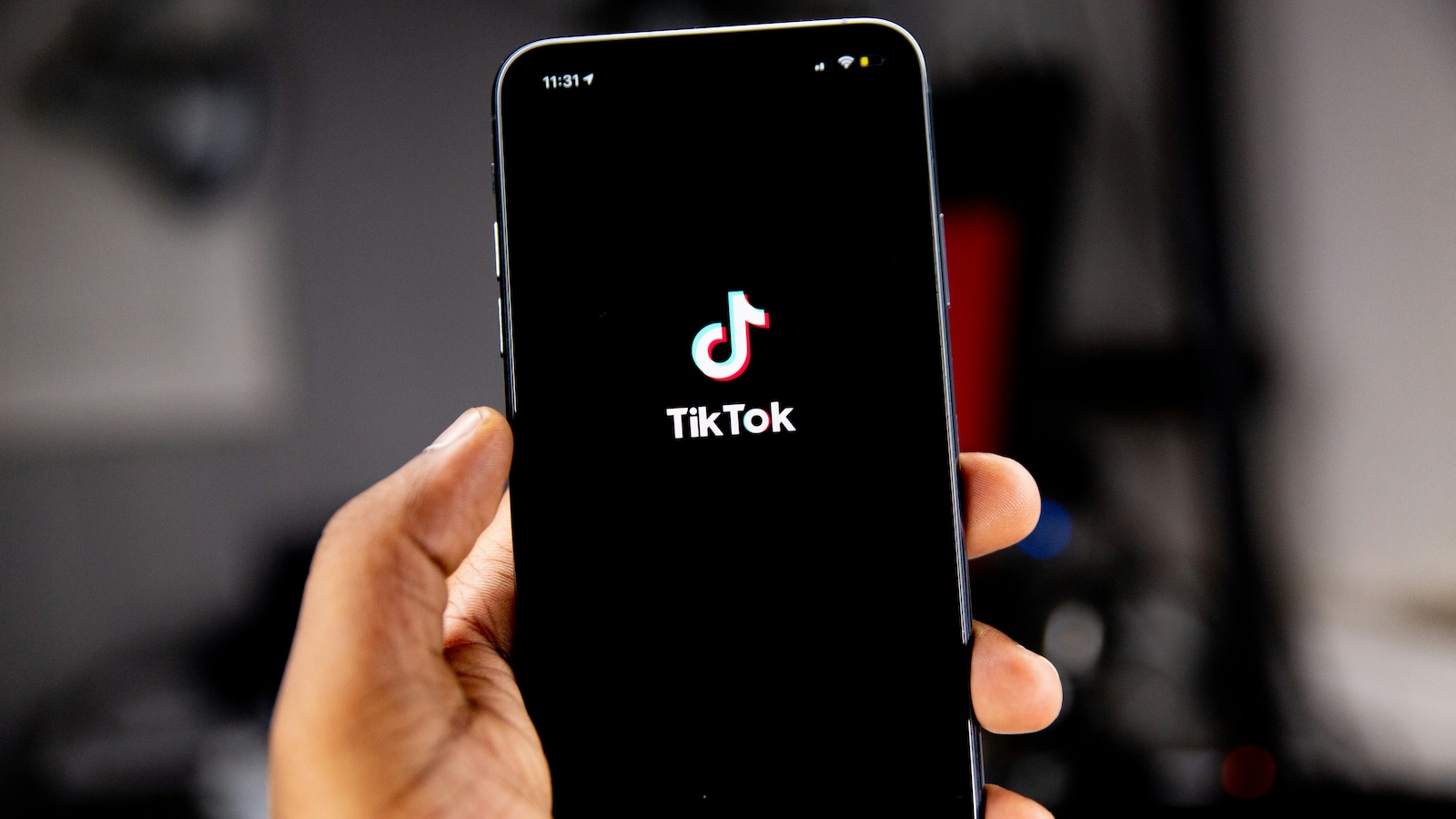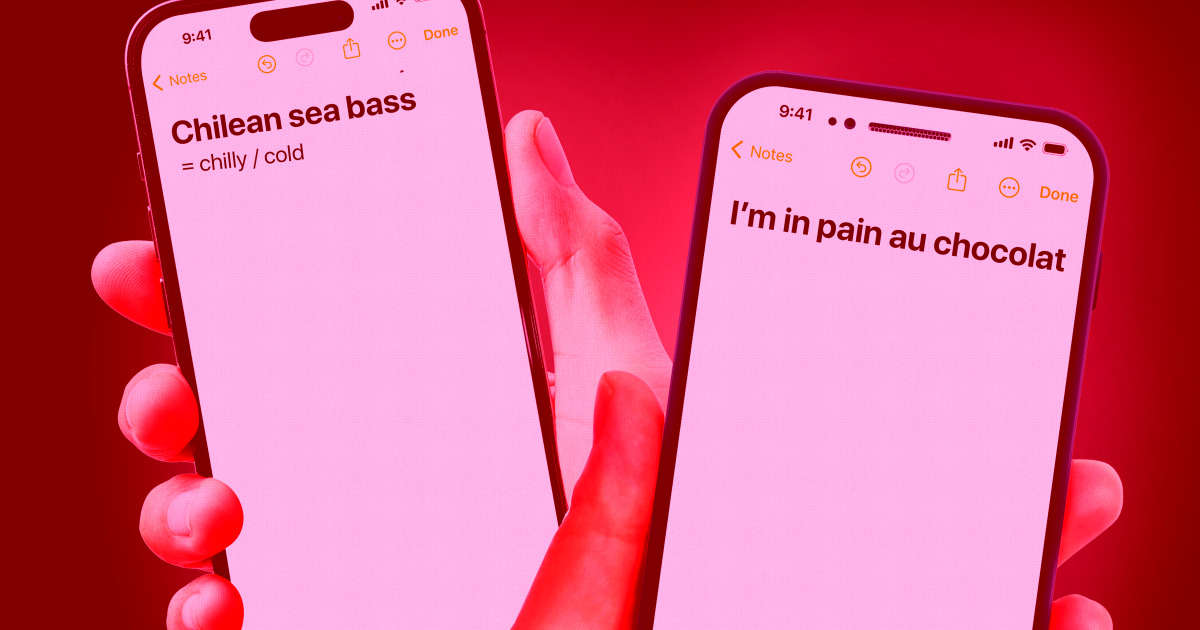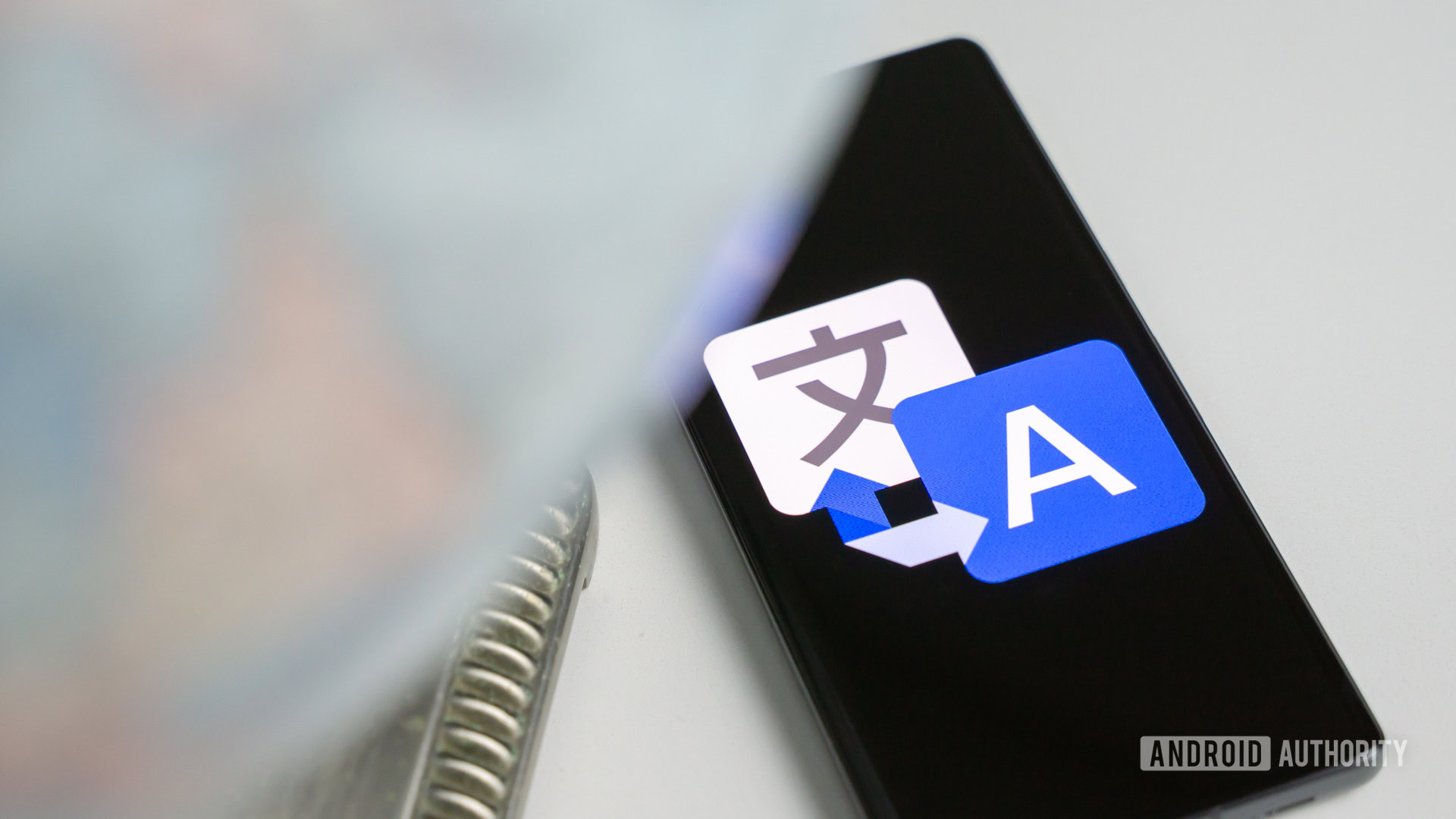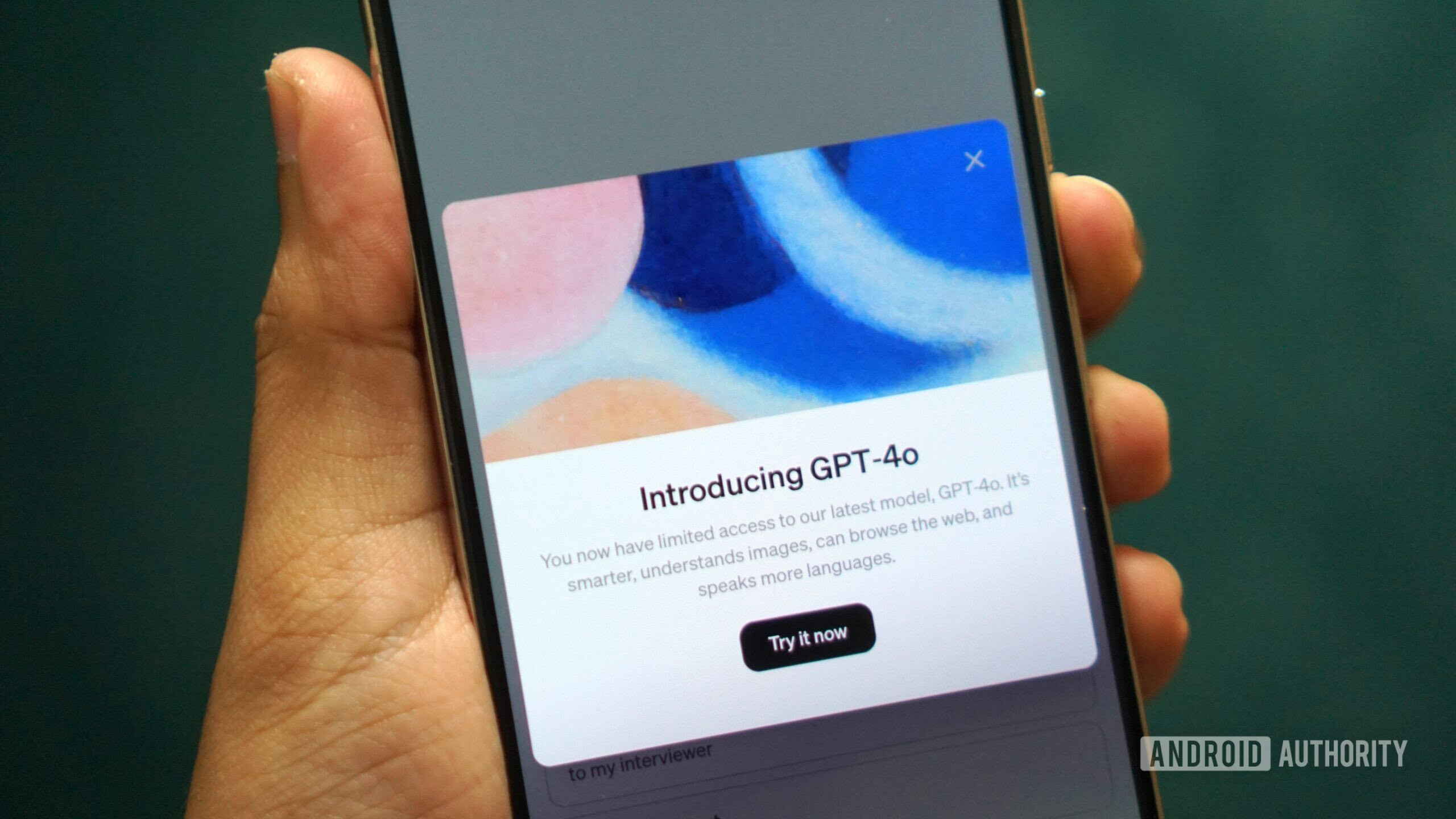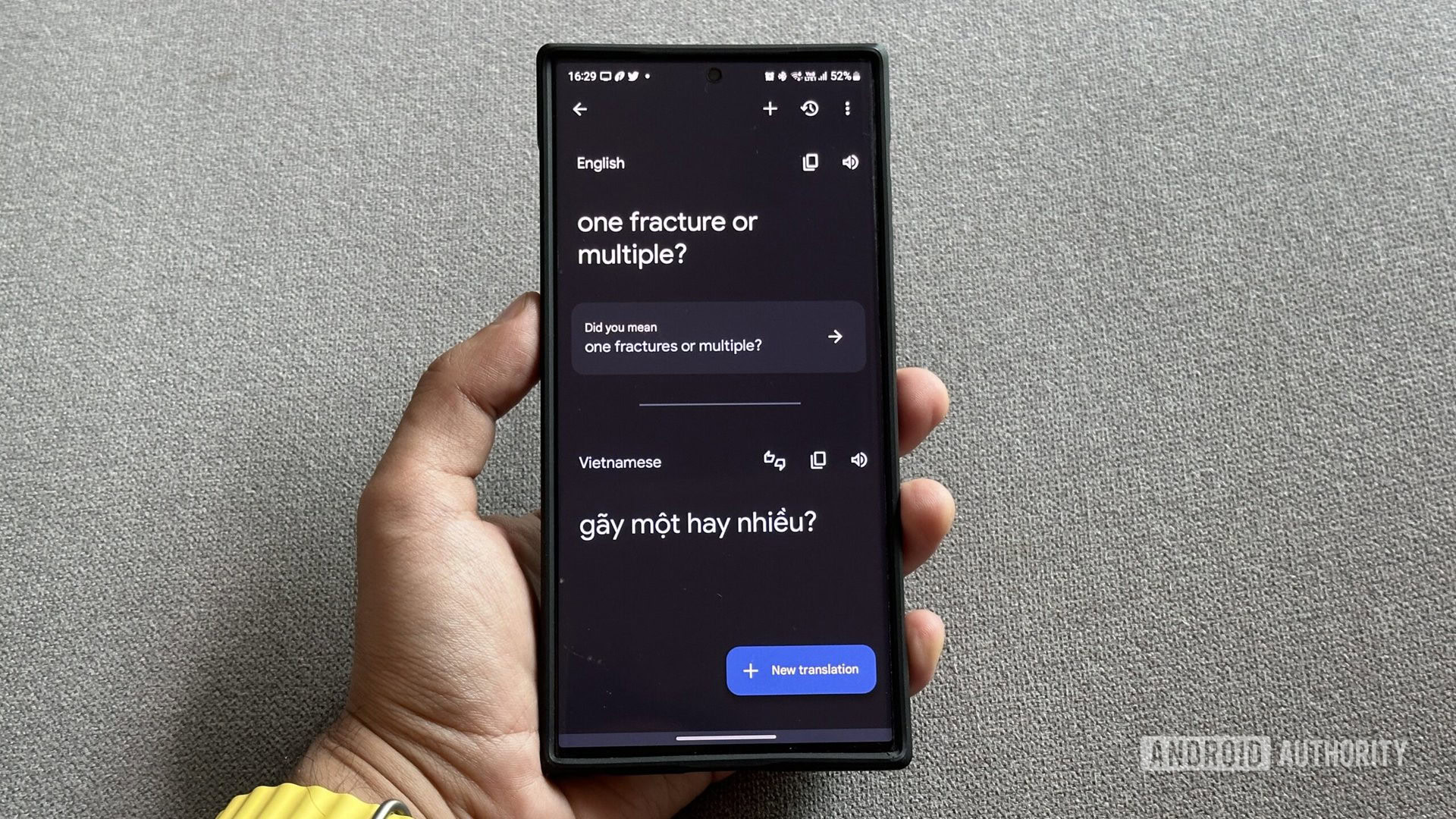Wednesday night saw perhaps the most popular discussion of “mate” since Bobby Fischer took on Boris Spassky in 1972.
This time, though, it wasn’t about chess but about whether Mets reliever Jorge López told the media after the game (where he was ejected, threw his glove into the stands, and was promptly designated for assignment) that he was “on the worst team in the whole f****** MLB” or “the worst teammate in the whole f****** MLB.” That discussion has some wider impacts on how we consider language and translation in interviews.
First, here’s the clip in question from SNY’s X/Twitter. This one came without a written quote of either “team” or “teammate”:
In the clip, “worst teammate in the whole f****** MLB” does seem to be what López said. But it’s understandable how it could have been heard the other way. SNY’s Steve Gelbs shared it with the “team” transcription, as did many others (including this site). And Gelbs and MLB.com’s Anthony DiComo both noted that López later confirmed he meant to criticize both the team and his actions as a teammate, so even if there was an incorrect transcription of the comments initially, the intent seemed accurate.
But there’s obviously a notable difference between “worst f****** team” and “worst f****** teammate” (a rare case where the important four letters aren’t about the expletive). One has López offering an extremely blunt criticism of the organization, while the other has him criticizing his own actions. And the former is far more significant, and that’s why it received a ton of media coverage. That included its plastering across the back page of The New York Post.
Around that, it’s notable that López took to Instagram to say he only said “teammate” and that the media made it worse:
Lopez then offered a fuller statement in both Spanish and English later:
Several reporters, including Abbey Mastracco of The New York Daily News, have since reported that the Mets’ decision to DFA López was not about any confusion about what he said. However, those reports have cited another media issue: López’s inaccurate portrayal to media of his meetings with team staff, where he said he had not met with manager Carlos Mendoza and president of baseball operations David Stearns when he had. (The team also cited his actions on the field and his lack of remorse for them, which he was clear about in the above interview.)
A further dimension to this came Thursday with Boomer Esiason’s WFAN comments that López’s son is awaiting a transplant:
There’s a lot to consider with this story, including potential off-the-field issues López had on his mind, his overall emotional state after the ejection and at the time of the interview, the Mets’ players-only meeting before they opened the locker room to media, and the team’s decision to DFA him. But one issue here that perhaps has much wider resonance is language and interpreters. Manny Gómez, the Mets’ beat writer for the Newark-based Star-Ledger/NJ.com, had a notable thread on that:
David Samson of Meadowlark Media also went off on the lack of an interpreter in this conversation on The Dan Le Batard Show with Stugotz Thursday, saying “You cannot let López speak to the media without the translator there getting the clarification.” However, Joel Sherman of The New York Post noted, “three Mets media relations officials, including their Spanish translator, ringed the interview without stepping in.”
So, it’s worth discussing the interpreter’s role but not blaming them for not being present.
With all this, López has a partial point about the media worsening the situation. A full analysis of that clip, without any preconceived notion of what he said, does seem to support him saying “teammate” rather than “team.” And if it had been tweeted that way at first, this likely would not have blown up the way it did: “worst f****** teammate” is self-deprecating and self-critical, whereas “worst f****** team” was easy to spread, joke about, and pile on, especially considering the Mets’ history of disasters both this year and in the past.
Many would have loved it if “worst f****** team” was the actual quote, and if that had been said fully and confidently, that would have been an amazing comment from a player on an organization.
But while it’s possible to criticize the media who tweeted this quote the other way and what that led to, there’s context to that as well. Locker room interviews often come with less-than-ideal sound, including in this case. The “mate,” if that is indeed what López said, is extremely quiet and set apart from “team”; it’s entirely possible to hear that clip as “team” in good faith, especially if trying to turn around that clip quickly.
And López’s “no” when asked if he has regrets supports the idea of him bashing the organization. And the clarification he meant both the team and himself (which was important to ask for when uncertainty popped up around this) from reporters supported the initial “team” idea here. And even his Instagram clarification may have come with some hindsight, considering how this played out in the media. An overall takeaway probably supports López saying ” teammate” and not “team,” and some criticism of the media is fair. But the asked-for-and-obtained clarification Wednesday illustrates this wasn’t fully media-inserting team-bashing that López did not mean.
But Gómez’s points about interpreters and players who have English as a second language are significant, both here and more widely. Language is important, and precision in language is important. That’s especially true in an era where a notable quote often quickly runs around the world before a corrected version gets its boots on.
It’s laudable when players can and want to learn a second language well enough to do interviews in it. That reduces the barrier and allows them to express exactly what they want to say. As with aggregator accounts, relaying something always comes with some change; interpreters are striving to present comments as accurately as possible, but that’s not always easy, especially considering the vast array of meanings both within one language and from one language to another. So, suppose a player does feel comfortable talking to media in a second language. In that case, that’s fantastic, and this situation should not be taken as “No player should do an interview in a second language.”
However, interpreters do often provide value in getting across players’ comments accurately, especially with players who might not be fully comfortable speaking in English. And players who choose to have their comments relayed through interpreters should not be criticized for that; Stephen A. Smith’s Shohei Ohtani comments on that front in 2021 were particularly bad (and led to him doubling down, then apologizing, but still getting suspended). Granted, Ohtani’s choice of interpreter can be criticized in retrospect, but not his decision to use one. And there have been other past criticisms of interpreters that have not held up well.
There can also be value to having an interpreter present even for an interview conducted in English. It’s possible that a player who has a first language other than English might not immediately release how something they said might be perceived. (And this is also worth discussion around the media issues the Mets did cite, the misrepresentation of his meetings with the coaching staff.) An interpreter could let the player know that and allow them to immediately clarify their meaning, avoiding situations like this one where López first clarified his remarks one way to reporters, then clarified another way later on his Instagram account and blamed the media. And if the interpreter was present here, as Sherman writes, it’s somewhat curious that they didn’t intervene to get López to clarify (but they may not have heard or realized the potential problem here, and they may have wanted to allow López to speak).
The López situation doesn’t feel like one where it’s worth intense criticism for either the player or the media. López has somewhat of a point with his criticism of the media for spreading the “team” quote, but if he didn’t mean to include criticism of the organization, he should have clarified when asked. A closer listening to the quote might have led to “teammate” spreading instead of “team,” but it’s relatively understandable how that didn’t happen, especially with López’s clarification.
But López also wouldn’t deserve to be fully raked over the coals even if he did say “team.” It might not have been the ideal comment to make on an organization, but it’s an understandable one to make in an emotional state, especially if there were off-field factors on his mind as well. While his behavior on the field and his comments off of it can both be criticized, that criticism should come with some moderation and consideration of the situation’s many facets.
The larger takeaway here is that language precision can matter a whole lot. That’s true even with only four letters like “mate.” And interpreters can have a valuable role to play in that. This situation wasn’t necessarily about the interpreter, especially with that report that the interpreter was present. But it does show some of the challenges around second-language interviews, which led to a situation where López was unhappy with how his comments were published. And it’s worth keeping those challenges in mind around future second-language interviews, with or without an interpreter present.
Adblock test (Why?)






